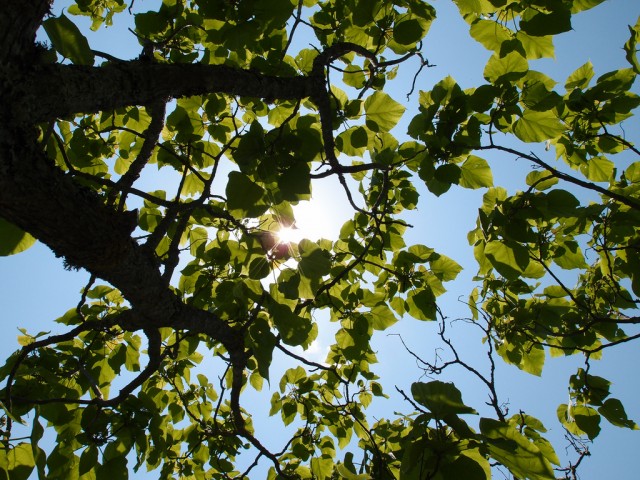Tree-based solar cells point the way to recyclable energy sources
Ars Technica » Scientific Method 2013-03-27

News has emerged of recyclable solar cells that almost literally grow on trees. Researchers at the Georgia Institute of Technology and Purdue University have developed organic solar cells with substrates composed of cellulose nanocrystal (CNC), achieving "unprecedented" efficiency of 2.7 percent.
If you're thinking that 2.7 percent doesn't sound particularly efficient, you'd mostly be right. By the standards of most organic solar cells (i.e. a solar cell with a polymer-based photoactive layer), 2.7 percent is nothing to write home about. Efficiencies of more than 10 percent have been achieved in the laboratory, which remains the natural habitat of organic cells due to their fragility.
But more than being a mere organic solar cell, this is one with a recyclable insulating substrate. That's not entirely new. The research team's paper makes numerous references to research into paper as a cheap, lightweight, flexible, and recyclable substrate for organic solar cells (the substrate is essentially the base material to which the working layers and components are applied). Organic solar cells using cellulose nanofiber substrates have also been tried but have performed poorly.
Read 9 remaining paragraphs | Comments